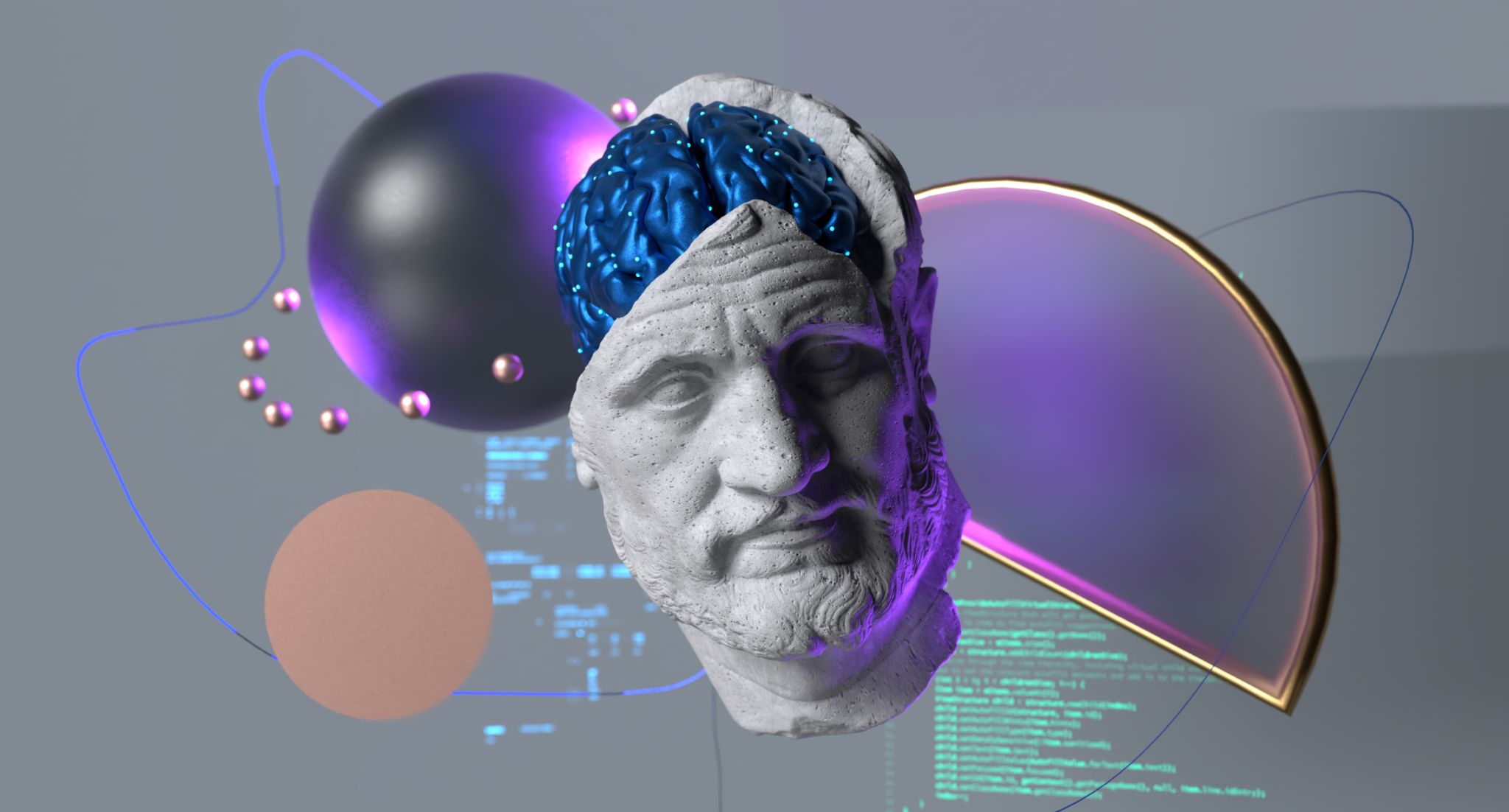Getting Started with AI: A Comprehensive Guide for Beginners
DW
Understanding Artificial Intelligence
Artificial Intelligence (AI) often seems like a concept pulled straight from science fiction, but it's very much a part of our daily lives. Whether you're using voice assistants or receiving personalized recommendations on streaming platforms, AI is working behind the scenes. For beginners, understanding AI can be daunting, but breaking it down into manageable parts can make it more approachable.

What is AI?
AI refers to the development of computer systems that can perform tasks typically requiring human intelligence. These tasks include problem-solving, understanding natural language, recognizing patterns, and learning from experience. There are two primary types of AI: Narrow AI, which is designed to perform a narrow task like facial recognition, and General AI, which can theoretically perform any intellectual task a human can do.
The Importance of AI
AI plays a critical role in enhancing productivity and efficiency across various industries. From healthcare to finance, AI-driven applications are transforming how we work and live. By automating repetitive tasks, AI allows businesses to focus on innovation and growth. Understanding the basics of AI can open up new opportunities for individuals and organizations alike.

Getting Started with AI
If you're interested in diving into the world of AI, it's important to start with a solid foundation. Here are some steps to help you get started:
- Learn the Basics: Familiarize yourself with key AI concepts such as machine learning, neural networks, and data science.
- Explore Online Resources: Numerous free resources and courses are available online to help you understand AI fundamentals.
- Practice Coding: Gaining proficiency in programming languages such as Python is crucial for working with AI technologies.
Choosing the Right Tools
With many AI tools and platforms available, selecting the right ones can be overwhelming. Beginners should consider user-friendly platforms like Google’s TensorFlow or IBM’s Watson Studio, which offer comprehensive documentation and community support. These tools often provide pre-built models that make it easier to start experimenting with AI without extensive coding knowledge.

Building Your First AI Project
Once you have a basic understanding and some proficiency with AI tools, it’s time to build your first project. Start small by developing a simple chatbot or a basic image recognition system. This hands-on experience is invaluable in solidifying your understanding of how AI systems work.
Staying Updated
The field of AI is rapidly evolving, with new breakthroughs and innovations emerging regularly. To stay updated, follow reputable AI blogs, join online forums, and participate in webinars. Engaging with the community will not only keep you informed but also provide networking opportunities with other AI enthusiasts.

The Future of AI
The potential of AI is vast and constantly expanding. As technology progresses, we can expect more sophisticated AI applications that will further integrate into our daily lives. By starting your journey into AI today, you position yourself at the forefront of technological advancement.
In conclusion, while getting started with AI might seem challenging at first, the rewards are well worth the effort. Embrace the learning process, explore various resources, and don't hesitate to experiment with your own projects. With dedication and curiosity, anyone can become proficient in AI and contribute to its exciting future.